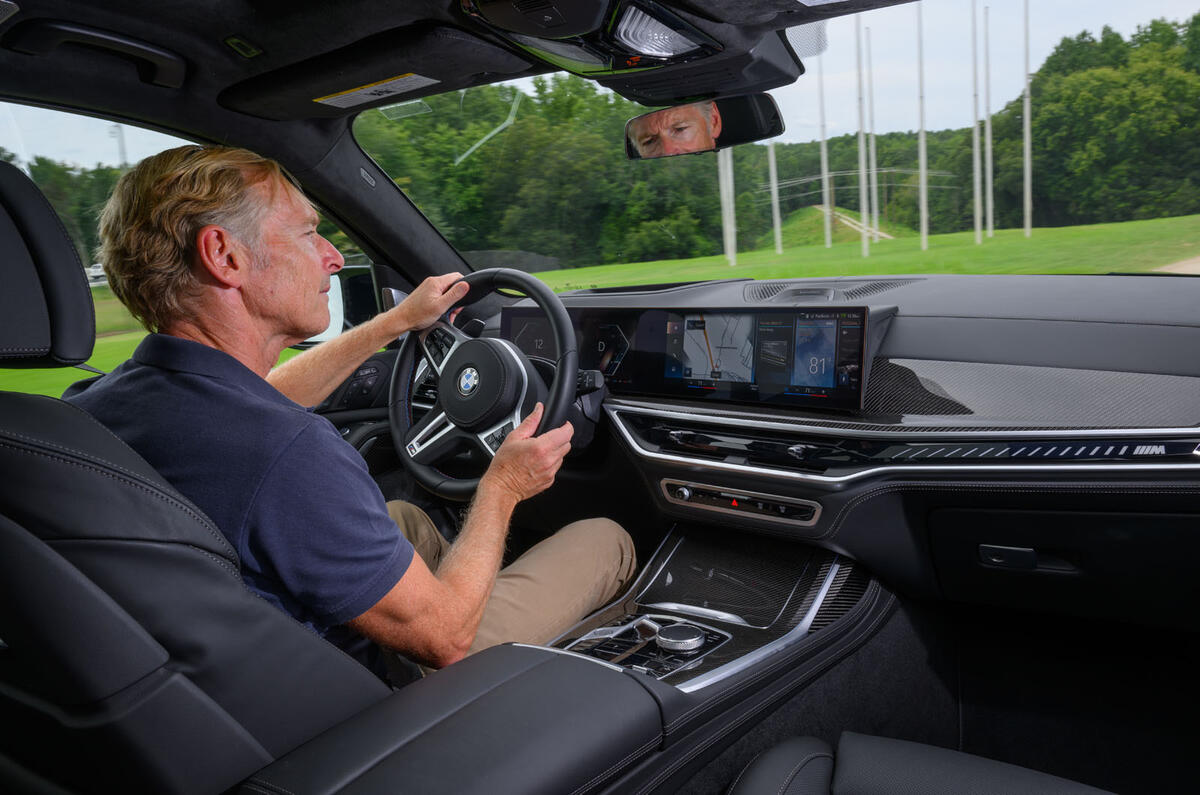One of the more unpopular moves in the automotive industry in recent times was BMW’s attempt to charge customers to ‘activate’ hardware options that were already fitted in their cars, such as heated seats.
“People feel that they paid double – which was actually not true, but perception is reality, I always say,” BMW sales and marketing chief Pieter Nota told Autocar last month. “So that was the reason we stopped that.”




Add your comment